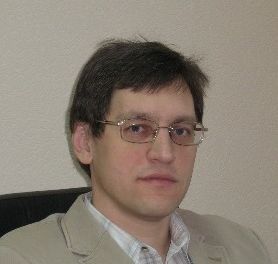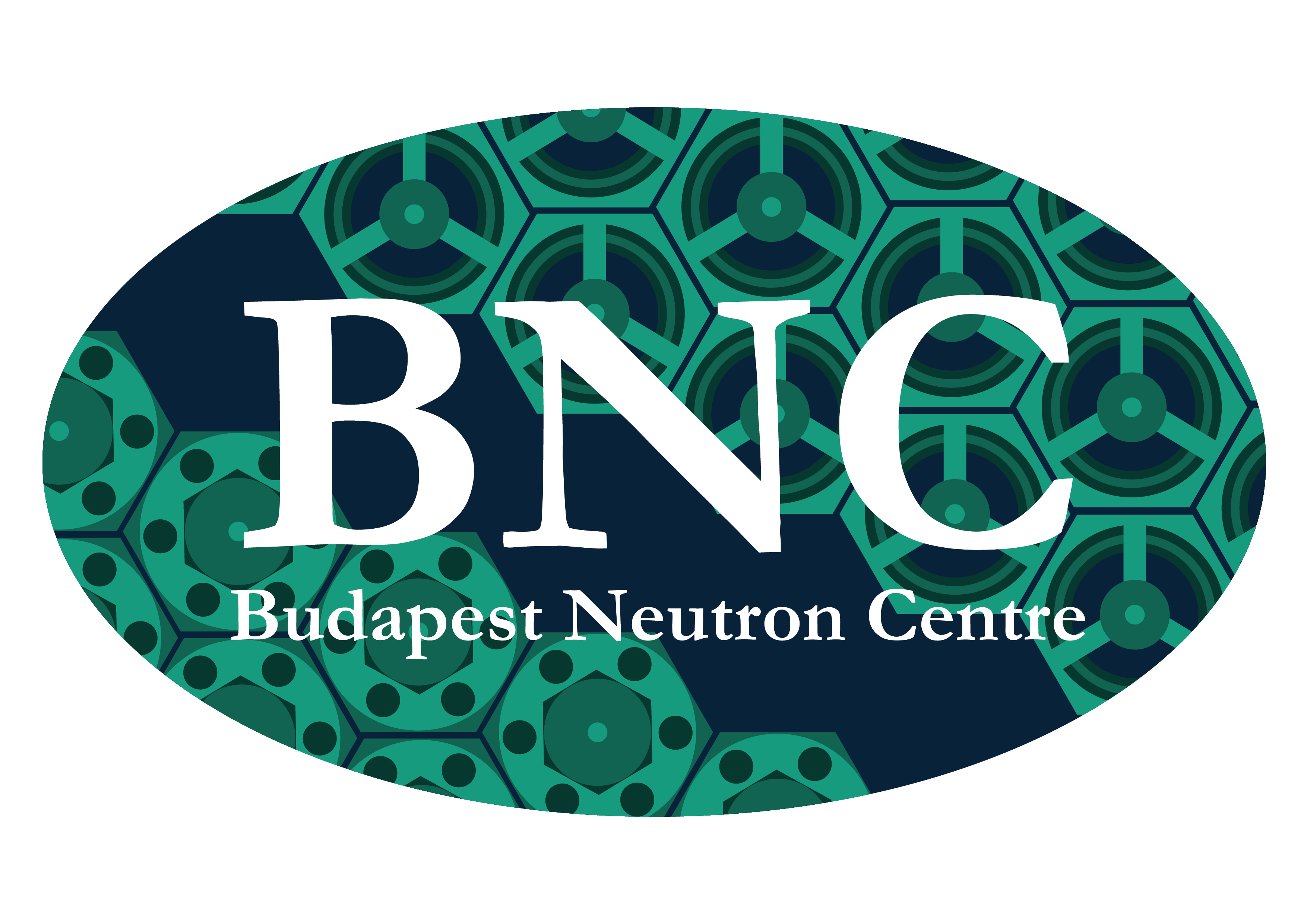BNC webinars on renewable energy
 |
 |
 |
 |
 |
 |
 |
 |
Neutrons, provided by research reactors or spallation neutron sources, constitute a unique probe to study materials. Beside the methodical benefits, due to the physical properties of neutrons, such large-scale facilities provide excellence-based, cost-effective access to the cutting edge analytical technologies and sample environments.
The demand for renewable energy is growing every day, with countries around the world pushing for a greater dependence on sustainable power sources. To achieve these goals, revolutionary projects have been constructed on massive scales, utilising innovative techniques to generate unprecedented amounts of solar, wind, hydroelectric and geothermal power. Materials research has its important role in this unprecedented transition.
In seeking for an optimum and proportional role in this global process, the Budapest Neutron Centre, one of the institutes of the Centre for Energy Research, Budapest has started a series of webinars on the science behind the developments in renewable energy, focusing on materials research aspects.
Upcoming seminar of the series:
Recent webinars of the series:
 |
BNC webinar #5 on Renewable Energy "The Neutron Depth Profiling Instrument N4DP at the PGAA facility of the Heinz Maier-Leibnitz Zentrum" |
Abstract: Neutron Depth Profiling (NDP) is a non-destructive, isotope-specific, nuclear analytical technique, which is especially sensitive to light nuclides like He-3, Li-6 and B-10. Upon neutron capture, the investigated nuclei decay into two charged particles with well-defined energies. Before the charged particles are detected, they lose energy while traveling through the host material before they emanate from the sample surface. Their remaining energy is related to the depth of their production, i.e. the location of the mother nuclei, and so a concentration profile is obtained.
The strong energy loss entails depth sensitivities up to a few ten nanometers while limiting the maximum penetration depth to tens of micrometers. The PGAA facility of the Heinz Maier-Leibnitz Zentrum provides a collimated cold neutron flux with a high thermal equivalent flux density of 2·109 s-1cm-2 and a low signal-to-noise ratio and so concentration profiles can be obtained with high time resolutions. The high time resolution combined with the non-destructive nature of the measurement are of special interest for lithium-ion batteries, where the lithium transport processes can be studied during operation. However, due to the limited viewing depth a special battery cell design is required, which is transparent for the charged particles while ensuring an undisturbed battery performance even at low ambient pressures. Here the N4DP instrument at the PGAA facility is introduced and NDP measurements on materials science applications are presented focusing on lithium-ion battery applications. Measurements of operando NDP on lithium-ion batteries using a newly developed cell design are presented.
 |
BNC webinar #4 on Renewable Energy "Neutron Imaging in Energy Research" |
Abstract: Imaging techniques based on neutron beams are rapidly developing and have become versatile non-destructive analysing tools in many research fields. Due to their intrinsic properties, neutrons differ strongly from electrons, protons or X-rays in terms of their interaction with matter: they penetrate deeply into most common metallic materials while they have a high sensitivity to light elements such as hydrogen, hydrogenous substances or lithium. This makes neutrons perfectly suited probes for research on materials that are used for energy storage and conversion, e.g. batteries, hydrogen storage, fuel cells, etc.
 |
BNC webinar #3 "Li-ion batteries: Neutron Scattering Results" by Mikhail Avdeev (Frank Laboratory of Neutron Physics, JINR, Dubna, Russia) on 08 July, 2020 14:00 - 14:45 + discussion Introduction Lecture video |
 |
BNC webinar #2 "Li-ion batteries: New generation Li- and post-Li batteries" |
 |
BNC webinar #1 "Li-ion batteries - an introduction. Electrochemistry, structure, function" |
Abstract: Following a short reference to the historical background of electrochemical power sources, the advantageous properties of Li-ion batteries will be highlighted along with practical information on their structure and components. Specific materials science aspects of the field, and requirements of lab-scale experiments will follow together with implementation possibilities of auxiliary instruments. Finally, some research directions and foreseen trends will be mentioned.
